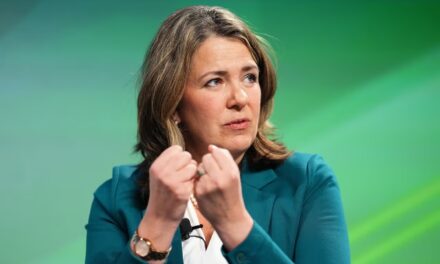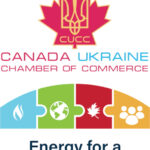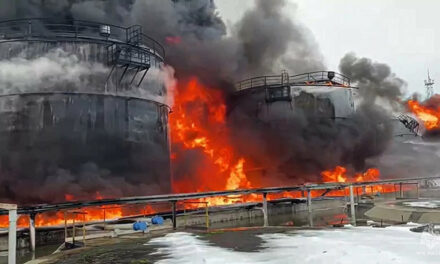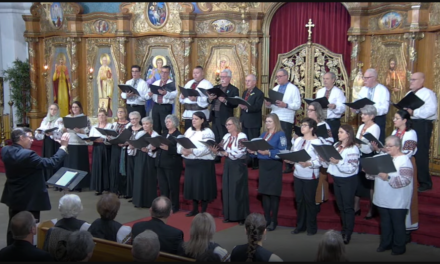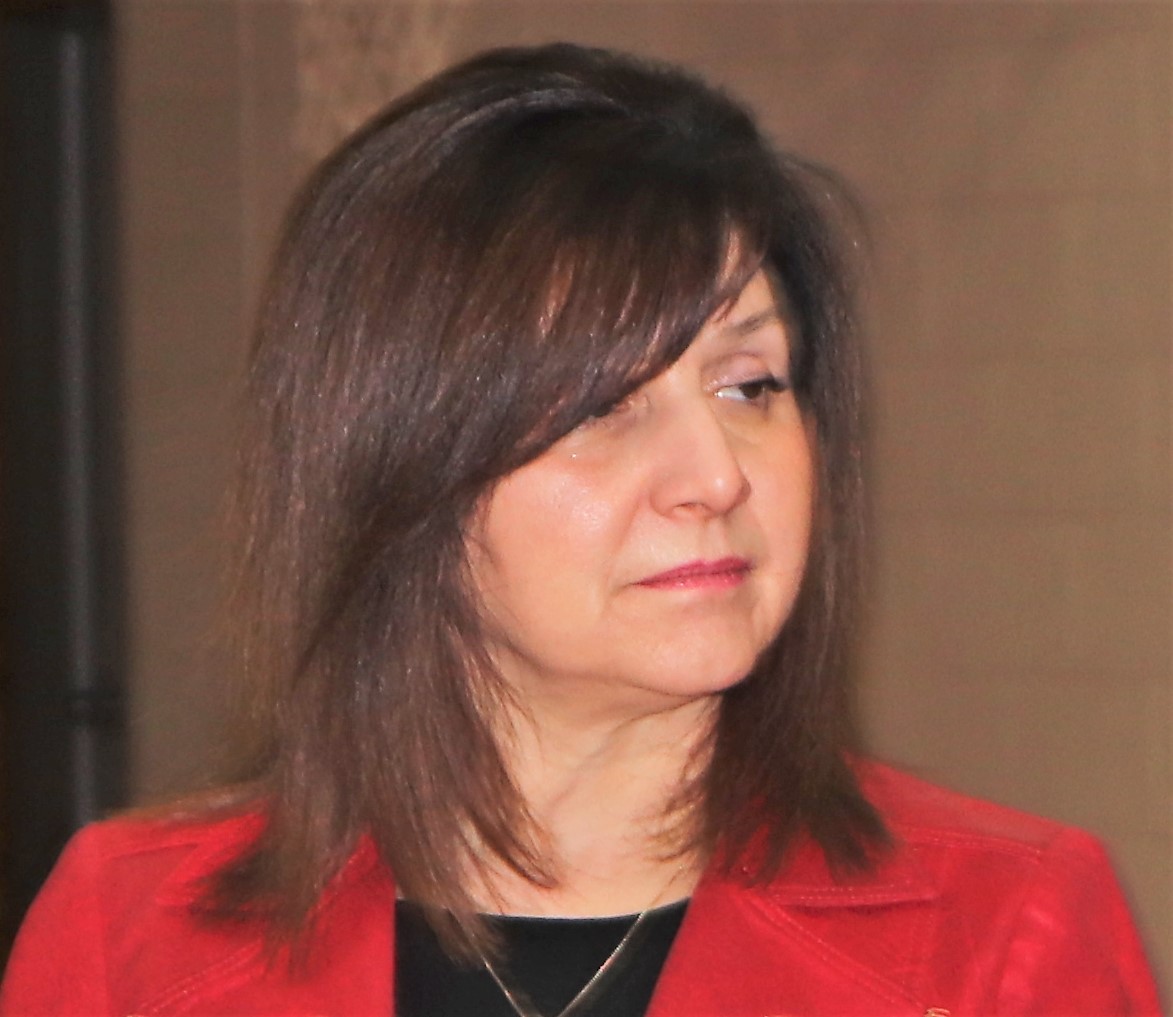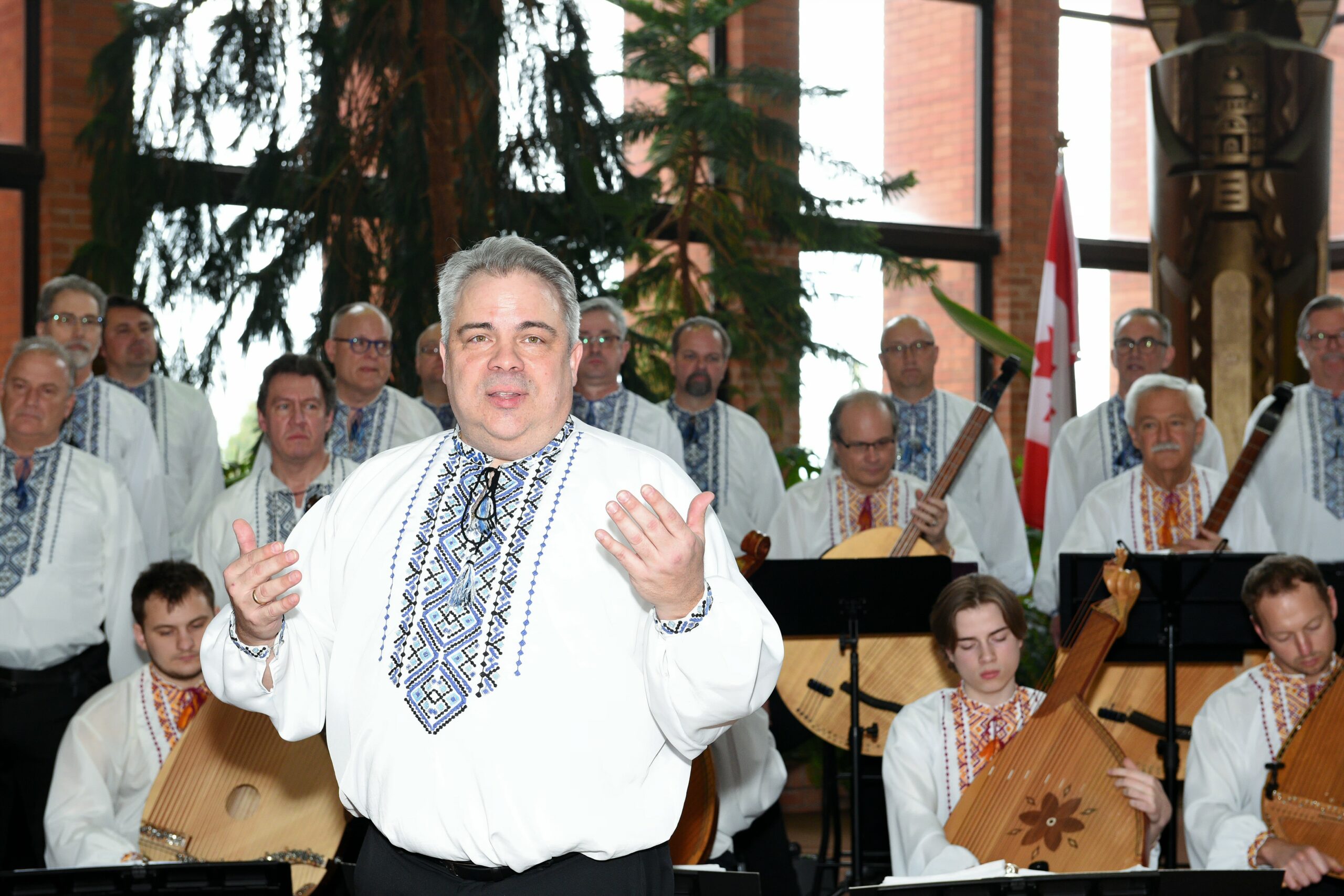The Liberal Party of Canada won the 2015 federal election on October 19 in a landslide, taking 184 seats or 54% of the seats in the Canadian Parliament. The city of Toronto had a 100% success rate for liberal candidates and three of the 25 Toronto ridings were captured by liberal candidates with ethnic Ukrainian background. The New Pathway has talked to the two of them, Borys Wrzesnewskyj (Etobicoke Centre) and Julie Dzerowicz (Davenport). We asked the newly elected MPs about different issues they were campaigning on.
First of all, we asked Borys Wrzesnewskyj about the reasons behind his sweeping win in Etobicoke Centre. Mr. Wrzesnewskyj on October 19 won with a 6% (almost 10 thousand votes) margin over his main contender, conservative Ted Opitz, while only three weeks prior to that, according to Forum Research, the difference between them was just 1%. Borys Wrzesnewskyj told us that one of the reasons was the overwhelming shift of “the progressive vote” in Etobicoke to the Liberal Party. “Back in June the projection showed that the NDP in Etobicoke Centre had around 22%, in the first week of September they were at around 15% and in the second week of September, around 11%. And at the end they received less than 8%. In the five elections since 2004, it was the weakest NDP vote. This shift in Etobicoke Centre from the NDP to the Liberal Party started to happen even before we saw it in the nationwide numbers.”
The other key factor, according to Borys Wrzesnewskyj, is that many liberal voters, who in the last election were reluctant to vote with Mr. Ignatieff at the helm of the Party, were energized and motivated to vote this time with the leadership of Justin Trudeau. And that was combined with the Liberal Party's platform which Borys called “very progressive and well put together that spoke to people's hopes. It was based on data that showed, for instance, that over the past decade middle class households were working significantly more hours but their real incomes had not been going up.”
Mr. Wrzesnewskyj also quoted infrastructural problems like “no investment in public transport or affordable housing in the country. In Etobicoke, the average Etobian is spending 45 more minutes travelling to and from work every day compared to ten years ago. That has a very significant cost. We actually had a New Deal for Cities that would have provided that public transport infrastructure but Mr. Harper cancelled all those agreements back in 2006.
Affordable housing is another issue. Ten years ago about 23% of the Canadians between the ages 25 and 35 lived with their parents. Now, this number has doubled to over 40% because they are either unemployed or underemployed, over 50% of them, and there is no affordable housing in the places where the jobs are, such as Toronto and Vancouver. That's never happened since World War Two. We are going to put $1.3 billion into the employment programs for young Canadians so as to put 40 thousand to work over the next three years. We will also invest heavily in affordable housing infrastructure for the next generation of Canadians. For instance, $250 million will immediately go to credits to companies that own rental stock to upgrade this stock. We also wish to encourage building of more rental units because now funds predominantly go into the condo market. We will also look into the influence of foreign investment. Markets such as Toronto and Vancouver receive the predominant amount of foreign investment. More analysis has to be done but it appears that it mostly goes into the high end of the market or at the entry level, and it's driving the cost of entry level up. It's not about limiting foreign investment, we could use a number of tools here but it's premature to talk about them until the analysis is done. We could also release a lot of federal property to help lower the cost of building affordable housing. Housing is also a problem for seniors, we have a lack of beds in care centres.
It required time to convey all these issues to Canadians. The conservatives had more money in their coffers than all other parties combined. They could buy tens of millions of dollars of advertising and, instead of speaking to the issues, they were saying “Justin is not ready.” It was denigrating and playing on people's fears. They were playing on people's fears of the other in the niqab issue and barbaric cultural practices.” Mr. Wrzesnewskyj says that the Liberal messages were communicated in a respectful way as opposed to the sharp and negative attack ads by the Conservatives. “Mr. Harper's strategy of this record-long campaign as a way to tilt the campaign to his advantage because he had more money actually played to our advantage because we had more time to communicate a thoughtful programme. In the first month, it was very hard to plough through all the propaganda from the Conservative camp, but then people started listening.”
Mr. Wrzesnewskyj also talked about the NDP programme which, he said was “very very cautious and worried about saying things that might sound fiscally aggressive, while we were quite aggressive about addressing the issues affecting most Canadians.”
As for foreign policy, Borys Wrzesnewskyj praised Mr. Trudeau's decision to withdraw “six Canadian fighter planes that were not making any difference in the challenge of ISIS. This fighter plane commitment was an emotional response rather a well-thought through response.” Mr. Wrzesnewskyj reminded that Justin Trudeau has made clear that the greatest threat to the European security was Mr. Putin and his policies, and that he would say it directly to Mr. Putin on the occasion of their meeting.
In the end, Borys Wrzesnewskyj said, “this election campaign was of particular interest to Ukrainian Canadians with the current situation in Ukraine. So, I'd like to thank the New Pathway for its very fulsome coverage of the campaign. And I'd like to thank all of those Novyj Shliakh readers who expressed their support through this campaign. I assure everyone that I intend to work very hard on their behalf.”
The New Pathway first presented Julie Dzerowicz to its readers in September 2014, when she was running for the liberal nomination in the Davenport riding. That article is now among leaders in terms of views on our website, with many views coming during and after the 2015 election campaign.
This time, we asked Julie about her political priorities, which she listed in the first interview with us, namely, development, infrastructure and environment. The same issues were among the top priorities of the Liberal Party's election campaign.
Julie Dzerowicz said that the Liberal Party has committed to almost doubling the infrastructure spending over ten years, which she called “historic”- until now, no party at the national level has ever committed to funding to provinces and cities for a sustained period of time . She said that, as a result, cities across Canada can start planning how to deal with their key infrastructure needs from daycare spaces to green spaces, to breaking traffic gridlock and creating affordable housing, among other priorities.
Julie Dzerowicz also listed “getting our immigration policy right’ as a priority. “Canada’s future economy depends on a strong immigration policy. There have been so many changes done to it over the past ten years. I don't think there is a clear path to citizenship. My grandparents, the Dzerowicz's, came to Canada in the 1950s from a Displaced Persons camp, they had a very clear path to citizenship. They were sponsored by a family, they became permanent residents, they found jobs and within a very short period of time they were allowed to become Canadian citizens…Very much, I think, that's what we need again today.”
Ms. Dzerowicz mentioned the Liberal Party's initiatives to make it easier for family members to come to Canada and in particular to double the number of parents and grandparents that can be sponsored and expediting their applications. The strategy also involves immediate granting of permanent residency to spouses of Canadians coming to live in Canada. She said that the policy should ensure that available jobs are first offered to Canadians. But when all the domestic opportunities are exhausted, Canada should accept immigrant trades-people, professionals, labourers, especially in the light of the planned infrastructure programmes and the corresponding anticipated period of growth.
On the issue of the Trans Pacific Partnership agreement signed recently by the Conservative government, Julie Dzerowicz reiterated Justin Trudeau's indication that the agreement will need to benefit Canada and Canadians but that there will be a full review and discussion and ultimately a vote on it.
We also asked Ms. Dzerowicz, which lists environment among her priorities, about her approach to the Keystone XL Pipeline. She said that, in general, Canada is 20 years behind in terms of preparing in the country for climate change, protecting our biodiversity and waters and being good global citizens on the environment. Ms. Dzerowicz believes that every province should have the right to develop its own resources. In the case of Alberta, she believes that the province needs to become equally a leader in developing its oil resources as well as in environmental sustainability. Ignoring the need to be environmental leader has had an impact for Alberta in U.S. approval of the Keystone pipeline. She does not believe that there should be pipelines such as the Kitimat pipeline proposal that would run through sensitive biodiverse land. Julie Dzerowicz believes that the Keystone project should only go ahead with the support of the environmental, First Nations and other key stakeholder groups.
The NP also asked Julie Dzerowicz about the pledge, which several Liberal candidates made before the election, to press for different measures to help Ukraine to fend off the Russian aggression. These measures included further sanctions against Russia, including negotiations with the allies to expel Russia from the SWIFT system, and lethal defensive weapons for Ukraine. Ms. Dzerowicz said that she would need to look at the full list of the proposed measures to be able to say that she supports everything on it.
As someone, she said, who has ancestors who have died for Ukraine, she 100 per cent believes in its independence. She praised a lot of the work that Ukraine's President Poroshenko is doing around strengthening the country's economy and democratic institutions and said that Canada should do everything to support these efforts. Julie Dzerowicz said that she is sensitive to the longstanding tensions between Ukraine and Russia, as well as between the West and Russia”. She believes that every effort must be made to stop a war from starting in the region.” She said that Canada and the world needs to reengage its very best diplomats and peace advocates to tone down the antagonism between the West and Russia and between Ukraine and Russia.
In the end, Julie Dzerowicz said that she is very proud to be part of the Ukrainian community. She comes from a long lineage of people who have contributed to Ukraine. One of her well-known ancestors, Yulian Dzerowicz was a priest who worked with Metropolitan Andrey Sheptytsky. She will continue to be a strong supporter of an economically successful, democratic, and independent Ukraine.
Share on Social Media


